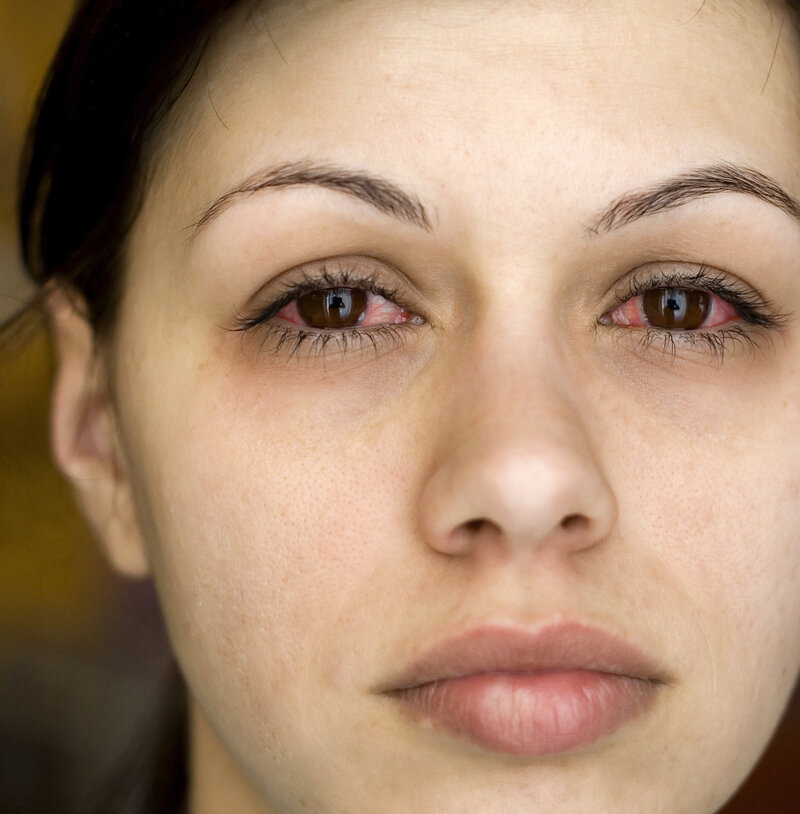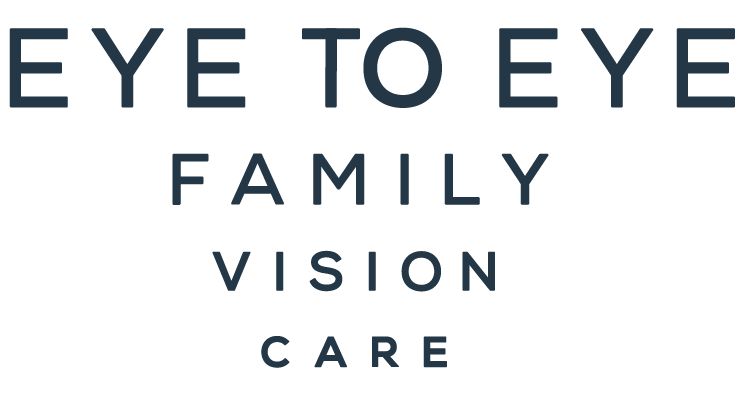Viral Eye Infections: Symptoms And Treatment

Conjunctivitis is the clinical term for inflammation and infection of the eye. There are two common types of conjunctivitis: bacterial and viral. The first type is caused by bacteria, and the second is caused by a virus.
In healthy children and adults, bacterial and viral eye infections usually go away on their own within 7 to 14 days. The healing process is aided with frequent eye baths, proper sanitation, which includes frequent hand washing, refraining from rubbing the eyes and using fresh cloths for eye baths. However, because eye infections spread so quickly, and infected individuals must stay home from school or work until the infection clears up, most people seek professional treatment.
Symptoms Of A Viral Eye Infection
These are some of the most common symptoms associated with a viral eye infection:
- Red eyes (hence, “pink eye” is a common, catch-all phrase to describe eye infections)
- A gritty or irritated sensation (like something is in the eyes)
- Excessive tearing or moist eyes
- Waking up with your eyes “glued” shut
- Light sensitivity
- Blurred vision
- Irritation of the lids and surrounding eye tissue
- Eye infection symptoms that don’t clear up after 24-hours of antibiotic drop use.
Never use leftover prescription eye drops without first checking in with a healthcare provider or optometrist. If you have a viral infection, it won’t go away with antibiotic drops. Similarly, if you have a bacterial infection, it won’t go away with antiviral meds.
Then, there is always the chance that your red, irritated eyes are due to allergies (allergic conjunctivitis), in which case the treatment plan is different. Read our post about Common Eye Allergies to learn more about the difference between allergies and infection.
Examples Of Common Viral Eye Infections
Viral infections can result from any viral infection, but some of the most common infections include:
Common cold or flu
When the immune system is compromised, and your body succumbs to a viral cold or flu, your eyes are also susceptible. This is one of the reasons we advocate for living a healthy lifestyle, including a nutritious diet, regular exercise, and getting plenty of sleep each night. These support a healthy immune system, which makes you less prone to viruses and eye infections.
Viral infections can attach virtually any area of the body, and while they’re most likely to settle into the “head” - such as a sinus infection - or the lungs, they can also affect the eyes. Children are notorious for this because they are prone to rubbing runny noses with their hands or putting their hands in their mouths and then rubbing their eyes. This can transfer viral loads straight from the respiratory tract into the eyes.
The best way to prevent “passing a viral infection” from one part of your body to another is to wash hands frequently with soap and water and to avoid rubbing your eyes.
Covid-19 eye infections
At this juncture in time, we are still experiencing a global pandemic. While not as common, severe cases of Covid 19 and patients with compromised immune systems have been reported with Covid-related eye infections. There is no need to panic, nor is there a need to walk around with protective eyewear.
Your sensible attention to current masking and social distancing guidelines, especially if you or someone you know has flu or Covid-related symptoms, is your best bet for keeping yourself free of a Covid 19-related viral eye infection.
Patients with Covid-19 are more likely to develop a more severe type of eye infection, called keratitis, which is the inflammation of the cornea. If left untreated, it can spread into the eyeball, causing a sight-threatening infection of the tissues or fluids inside the eyeball called endophthalmitis. That said, these infections are very rare and most likely to occur in patients hospitalized patients with more severe coronavirus infections.
If you are concerned or want to learn more, visit the American Optometry Association (AOA) page on Covid-19 (Coronavirus) Eye Health Care Guide for Patients.
Herpes simplex eye infections
Are you prone to getting cold sores or fever blisters when you’re sick, stressed, after a surgery or trauma to the eye, or as a result of too much sun exposure? Those sores are part of the Herpes virus type 1 (HSV-1), different from the sexually transmitted type 2 herpes simplex.
If you’ve never had a cold sore, fever blister, or type 1 herpes infection before, your eye infection may be accompanied by a fever, fatigue, achy muscles, and joints, and you may also get stores on your lips or inside your mouth.
Herpes simplex eye infections don’t tend to be as “goopy” as bacterial or other forms of viral conjunctivitis are. As a result, patients with herpes-related viral eye infections tend to complain about eye pain more than with more typical eye infections.
Treating Viral Eye Infections
If your eye infection does not respond to antibacterial ointment or drops within 24- to 48-hours, we know the infection is viral. Unfortunately, your doctor is most likely to tell you to “watch and wait” since viral infections typically run their course and fade away within two weeks.
Treatment to provide relief include:
- Flush the eyes regularly with a sterile eye bath/saline solution or fresh, warm running water
- Use warm, moist compresses to provide relief from pain/discomfort (always use a new cloth each time to prevent recontamination and wash and dry them well before reusing).
- Use over-the-counter anti-inflammatory/pain meds to relieve swelling and discomfort (with approval from your physician or optometrist).
- Getting plenty of sleep.
- Eating nutritious foods and drinking plenty of water.
- Treating yourself as if you have the flu - because you do! The difference is the infection is in your eyes.
In serious cases, your optometrist may prescribe antiviral medications but only as a last resort. These medications can have serious side effects and aren’t always easy on the body.
Do you suspect you or a family have a viral eye infection that needs professional diagnosis and treatment? Schedule an exam with us here at Eye to Eye Family Vision Care. 918-227-3937.

